‘If there wasn't a demand for design that fits the psyche of the day, we'd still be sitting on Victorian furniture,’ Sheridan Coakley, SCP founder
As part of our London Design Festival 2024 interview series, Sheridan Coakley speaks about four decades of the fair
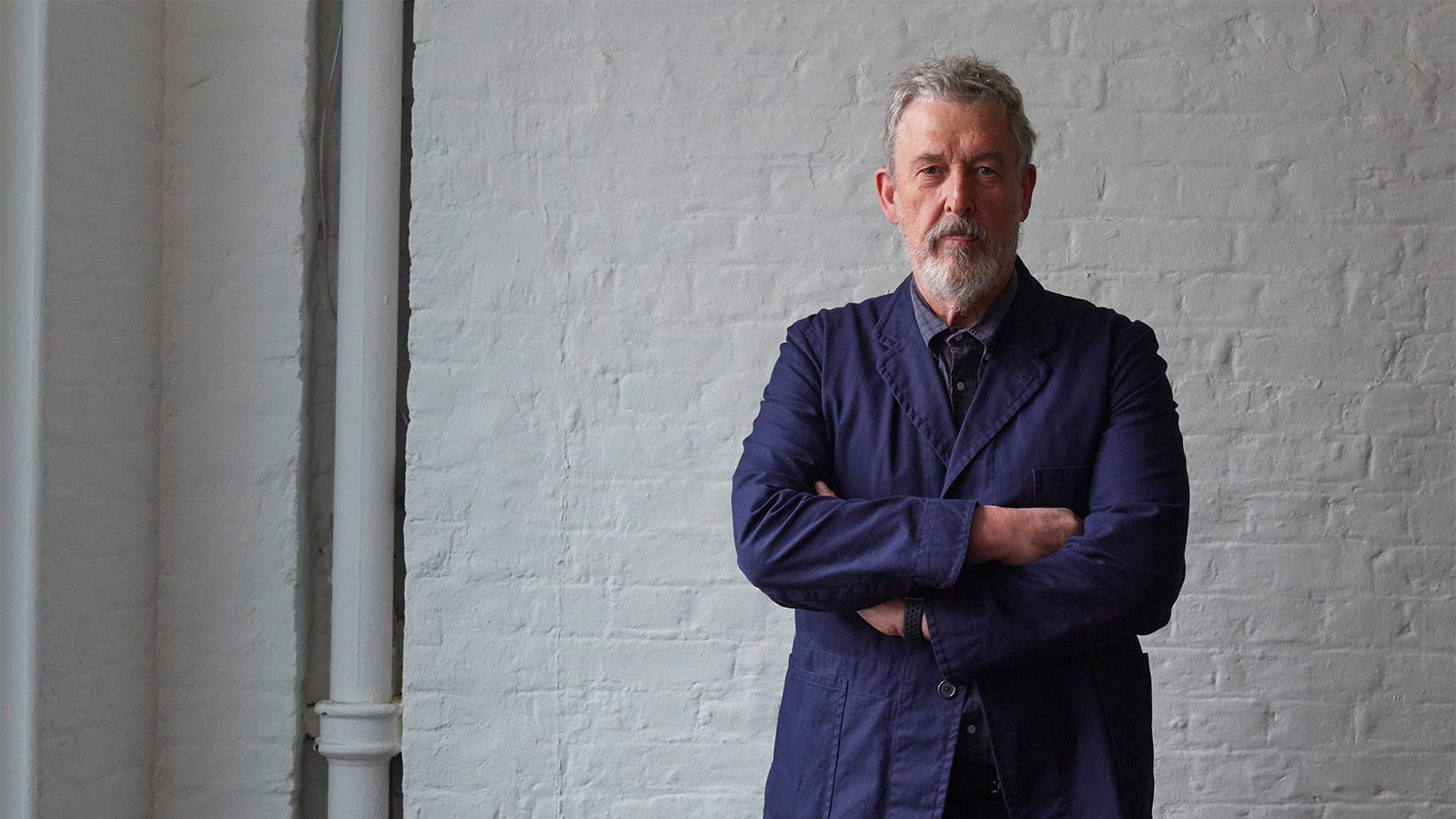
Few figures on the London Design scene have been in business as long as Sheridan Coakley, founder of retail store and furniture brand SCP. Since opening the doors of his Shoreditch showroom in 1985, he has navigated recessions, the digitisation of retail, Brexit and a pandemic. Coakley was the first to bring Philippe Starck’s furniture to the UK, and subsequently helped kickstart the careers of design legends such as Jasper Morrison, Donna Wilson and Matthew Hilton. He is a staunch supporter of UK manufacturing, and integrated a Norfolk upholstery factory into his business in 2003. After 39 years at the helm, you might think he’d be ready to put his feet up. But on the contrary – when we speak, Coakley is just back from a visit to his factory where his team are putting the finishing touches to new pieces ahead of the London Design Festival 2024.
Sheridan Coakley on four decades of the London Design Festival
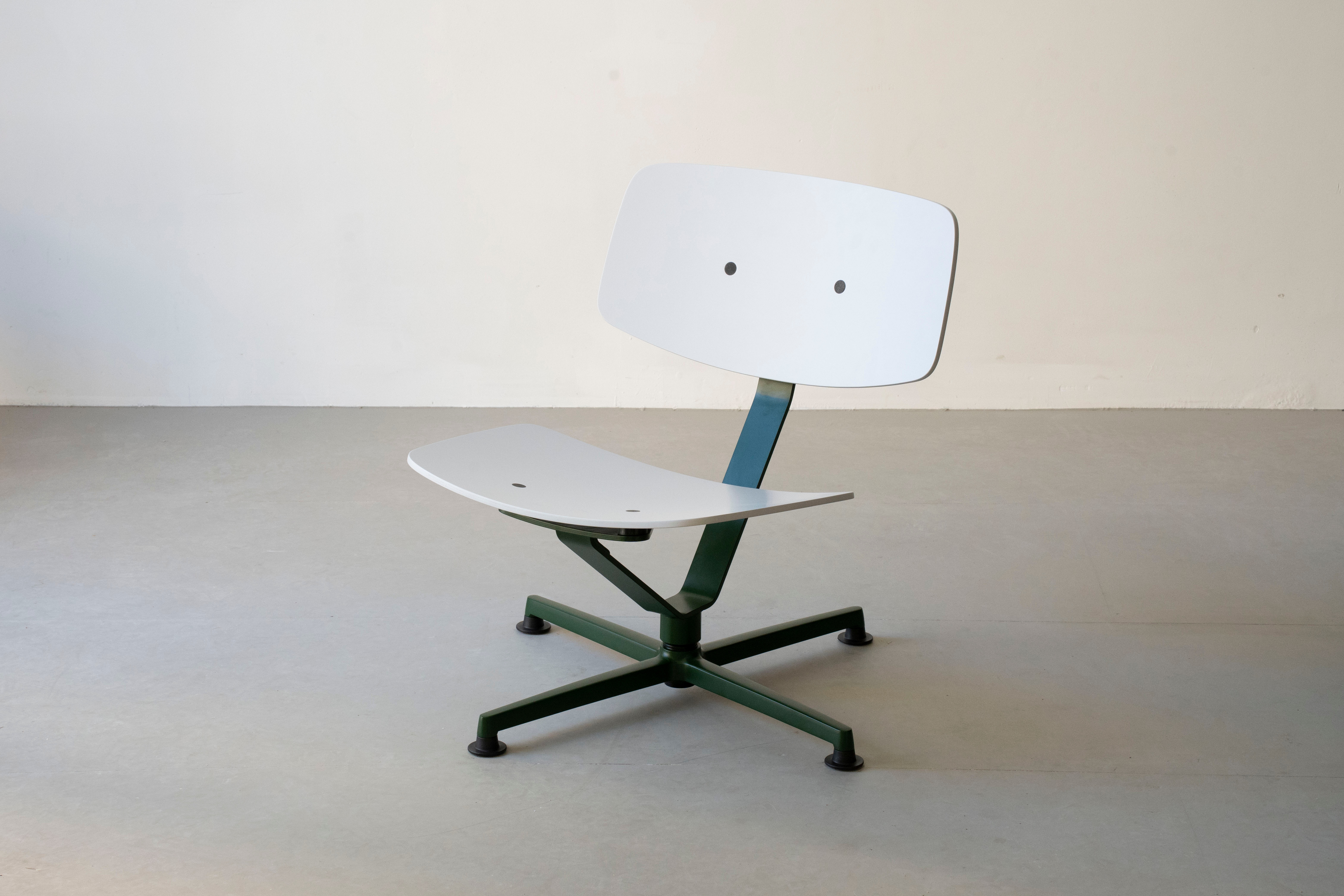
‘Arba’ chair, by Erwan Bouroullec for Raawii, 1,595, available at SCP. The chair is a simple yet refined composition of two moulded plywood elements, a cross-like structure of bent metal profiles and a die-cast aluminium base. An exercise in formal purity, this is a precisely made industrial product that is transported in a flat box and can be mounted in a few easy steps.
Wallpaper*: You’ve been in business for almost 40 years. What is your secret to longevity?
Sheridan Coakley: I think, apart from luck, I've survived really through being quite belligerent, being slow in how my business has progressed, not being too ambitious and particularly not getting myself into large debt that I can't pay back or getting outside investors. First and foremost, I was not a businessman. It's not like I went to business school to see where I could make money and have an exit strategy. I was the opposite. I did it because I wanted to do it, I did it for my love of design and furniture. The business aspect I had to make up as I went along. I remember somebody once asked me what my exit strategy was, and I said, ‘What's an exit strategy?’
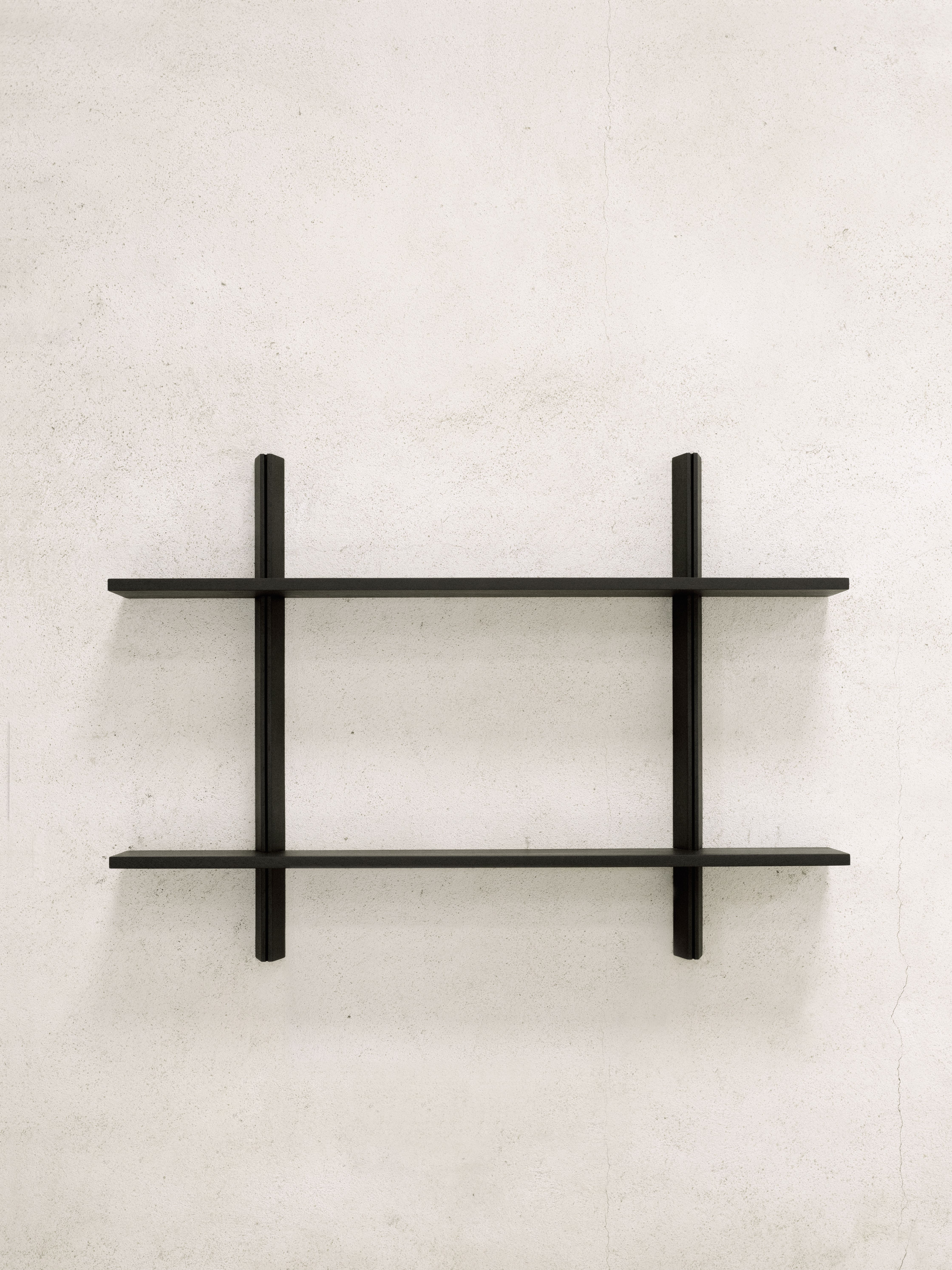
‘DW Small Bookshelf’, by Derek Welsh for Phantom Hands, £982, available at SCP
W*: Has your passion for design ever waned?
SC: No, because design changes and it’s interesting being involved in those changes. For instance, I started Case Furniture with Paul Newman in 2006 as a sideline, because that gave me a route into making furniture in larger volumes. More recently, I've become interested in the other end of the market, collectible design with small production or one-off pieces. We’ve started making upholstery using 100 per cent natural and sustainable materials, which is exciting.
W*: How has the design landscape changed since you started out?
SC: It moves all the time. In the 1980s, we were all interested in minimalism, form and function, and using materials economically. We've now entered this decorative phase, where it's all a bit decadent. Sometimes I feel uneasy about it, but then other times I get it. However, what we do at SCP is not transitory, we're designing and making pieces that have longevity. Hopefully, people keep our products for 50 years.
Receive our daily digest of inspiration, escapism and design stories from around the world direct to your inbox.
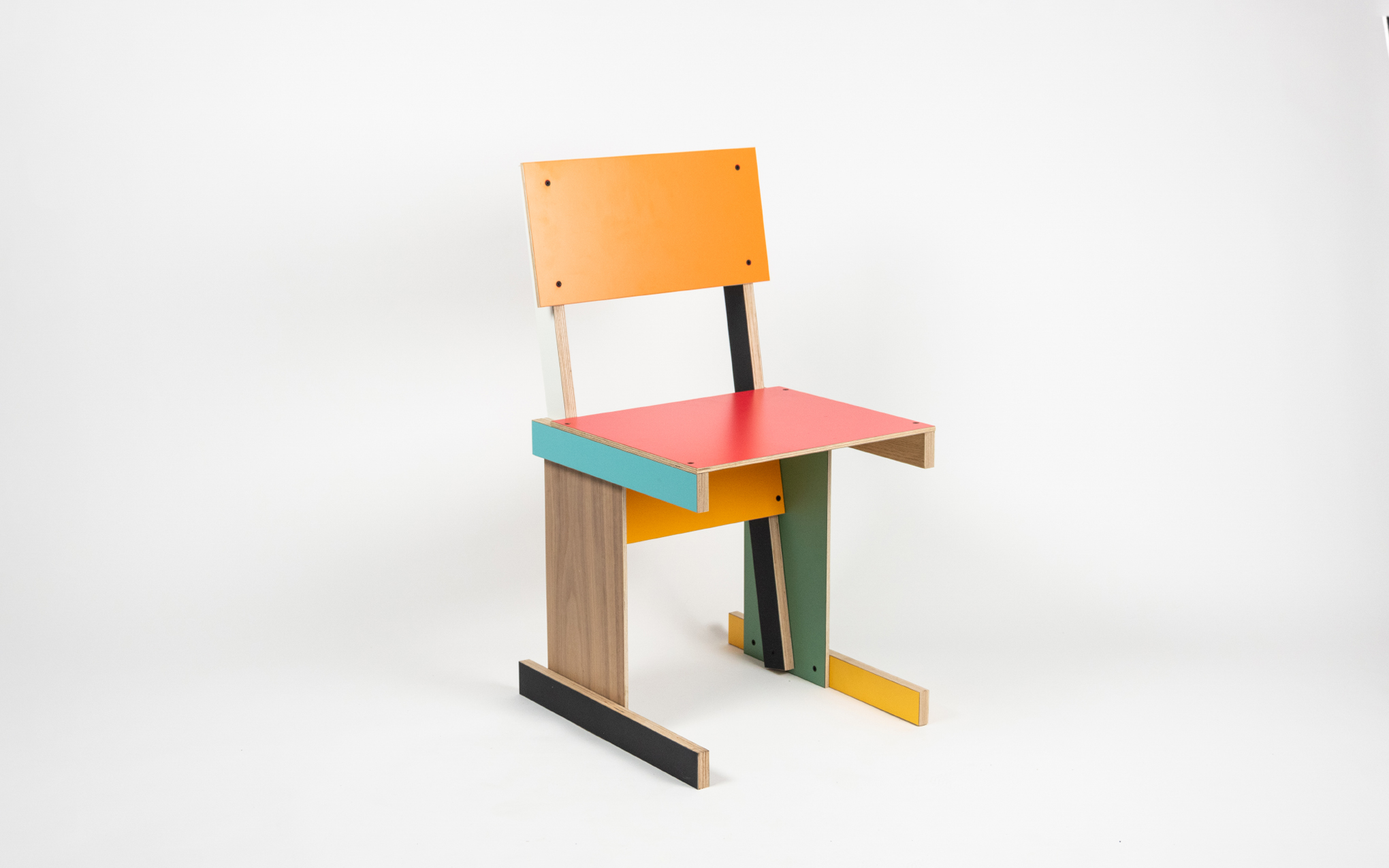
‘SOB’ chair by Alex Hellum for Sons of Beasley, from £395, available at SCP. Sons of Beasley is a collaboration between furniture designers Carl Clerkin and Alex Hellum. The venture is a fresh approach to sustainable design and focuses on repurposing offcuts, breathing new life into discarded materials to create aesthetically pleasing, logically made chairs
W*: Do you think there has been a shift away from ego-centric design?
SC: You could say: 'How many designers do we need in the world? How many chairs do we need to design?' And maybe designers can do other things like community-based projects, which is laudable. But I'm in the old-fashioned business of designing contemporary products to go into the world that we live in now, because if there wasn't a demand for furniture that fits in with the psyche of the day, we'd still be sitting on Victorian furniture. However, I do get the point that there's sometimes a bit too much design, and perhaps those designers can apply themselves to more worthy causes, less designing products, and using their skills for the greater good.
W*: You are a renowned talent spotter. What qualities do you look for in a designer?
SC: Well obviously, I've got to like the work I've seen, and it's good to be able to have a conversation with people to understand how and why they’ve designed something. But also it's a collaboration, you've got to be able to get on with designers and they've got to be able to want to design within the parameters of what we can do, such as using all natural materials and traditional methods.
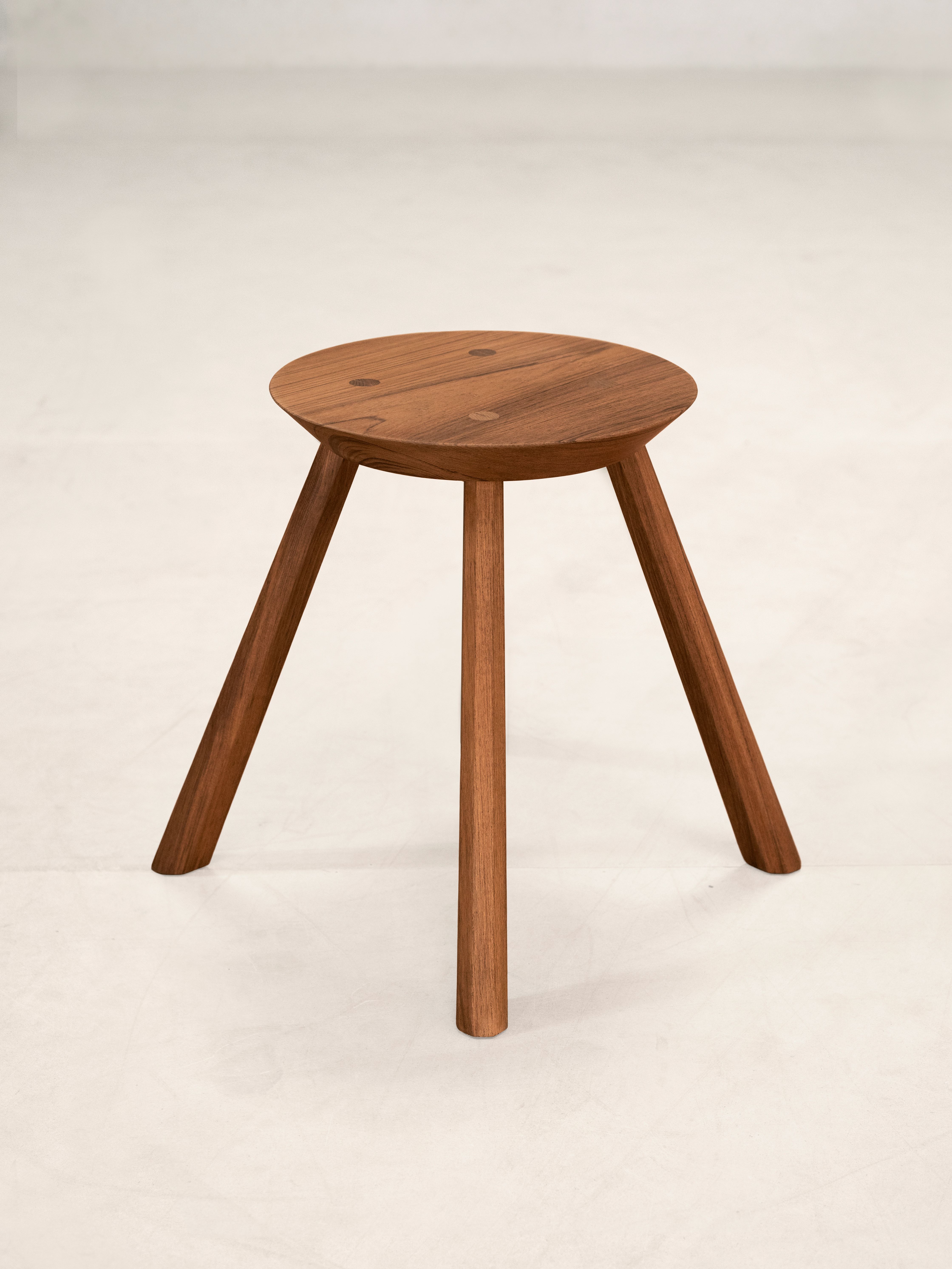
‘DW 01 Stool’ in natural wood, by Derek Welsh for Phantom Hands, £888, available at SCP
W*: Do you think London is still a good place to be based as a designer?
SC: When I started SCP, we were very much part of a community of like-minded people who all enjoyed what we were doing. It wasn't a highly competitive business. Is it still like that? It might be, I don't really know, but I think Covid and Brexit have had a big impact on it. At one point, designers from all over the world wanted to open offices in London, and many of them did because that's where the business was, and they were able to because of being in the EU, so Brexit has definitely had an impact.
W*: What do you get out of participating in the London Design Festival?
SC: For us it has a social focus, it’s a community thing, which I think is really important because a lot of designers work in an isolated way, and it's very tough. If you're starting out, it's a difficult world to break into. From our point of view, the design festival is really good, because we launch products. It's the one thing that we do every year, it gives us a focus, a deadline to work to and I think it’s still very relevant.
Read more London Design Festival interviews:
Curator Jane Withers: ‘If you’re a designer today, you have to keep learning to keep up’
Designer Natsai Audrey Chieza: ‘London has a punk attitude – it has enabled somebody like me to emerge in this extremely niche field’
Architect Shawn Adams: ‘If kids grew up going to London Design Festival they would learn so much’
Ali Morris is a UK-based editor, writer and creative consultant specialising in design, interiors and architecture. In her 16 years as a design writer, Ali has travelled the world, crafting articles about creative projects, products, places and people for titles such as Dezeen, Wallpaper* and Kinfolk.
-
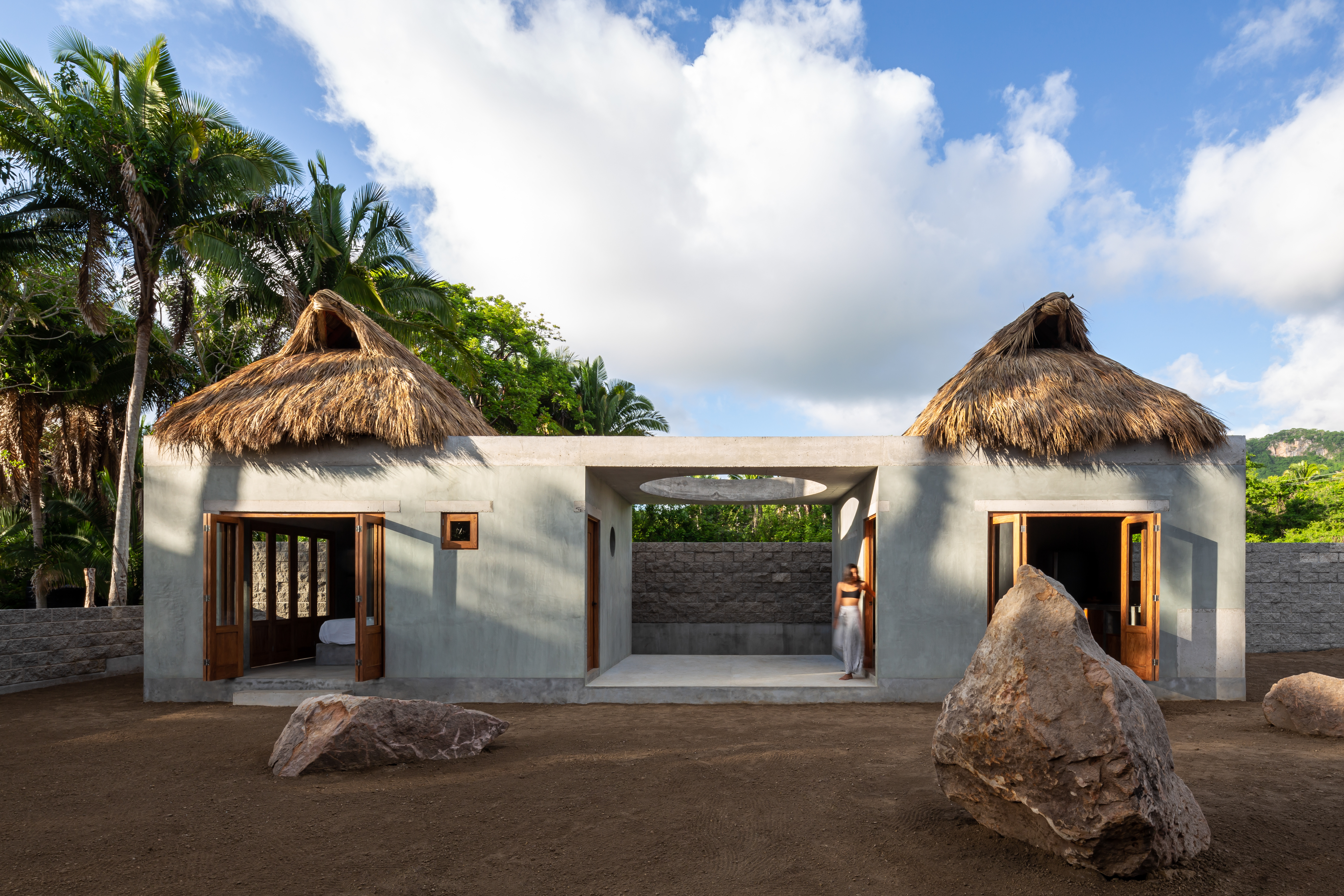 Mexico's Palma stays curious - from sleepy Sayulita to bustling Mexico City
Mexico's Palma stays curious - from sleepy Sayulita to bustling Mexico CityPalma's projects grow from a dialogue sparked by the shared curiosity of its founders, Ilse Cárdenas, Regina de Hoyos and Diego Escamilla
-
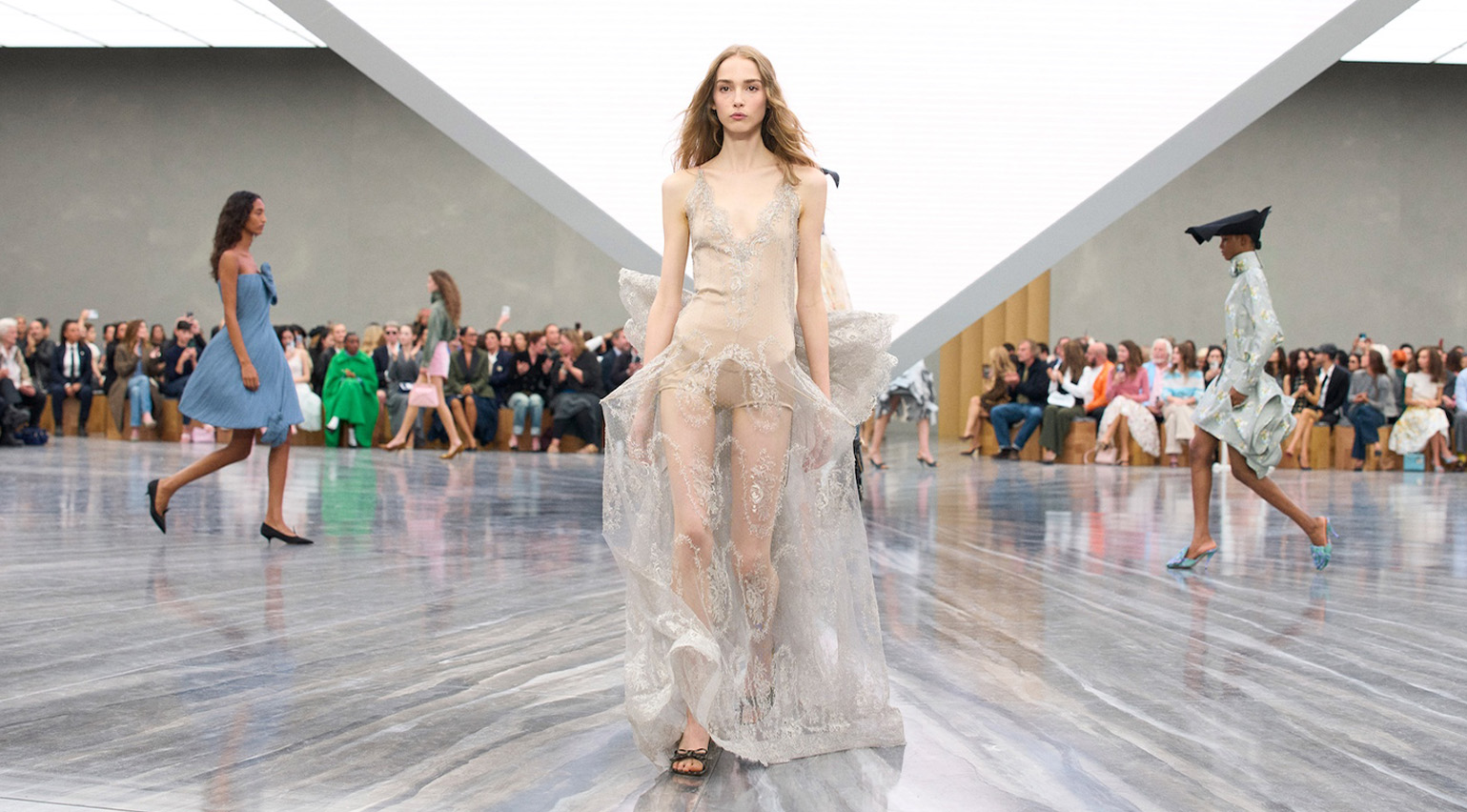 Everything to look forward to in fashion in 2026, from (even more) debuts to the biggest-ever Met Gala
Everything to look forward to in fashion in 2026, from (even more) debuts to the biggest-ever Met GalaWallpaper* looks forward to the next 12 months in fashion, which will see the dust begin to settle after a year of seismic change in 2025
-
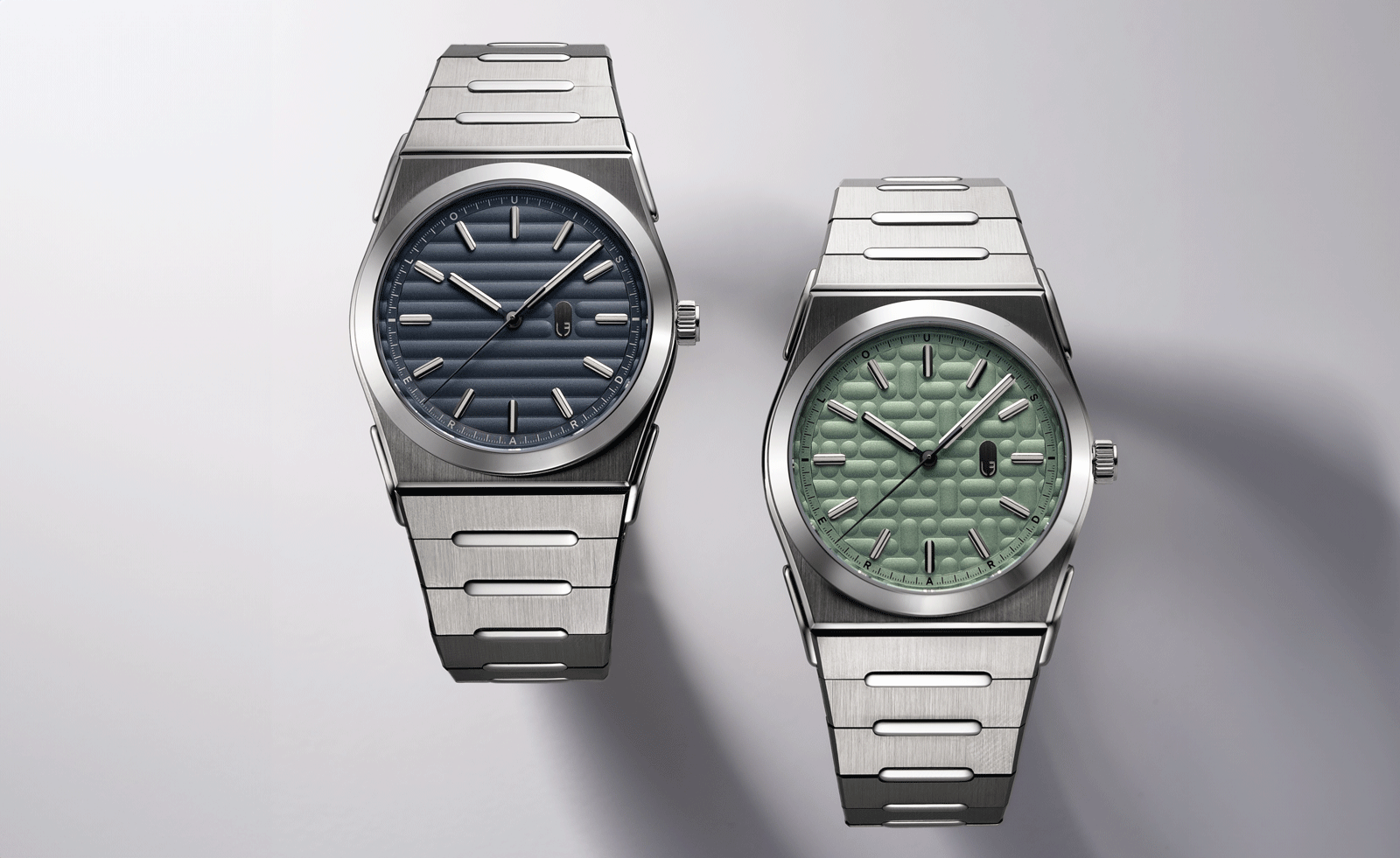 Five watch trends to look out for in 2026
Five watch trends to look out for in 2026From dial art to future-proofed 3D-printing, here are the watch trends we predict will be riding high in 2026
-
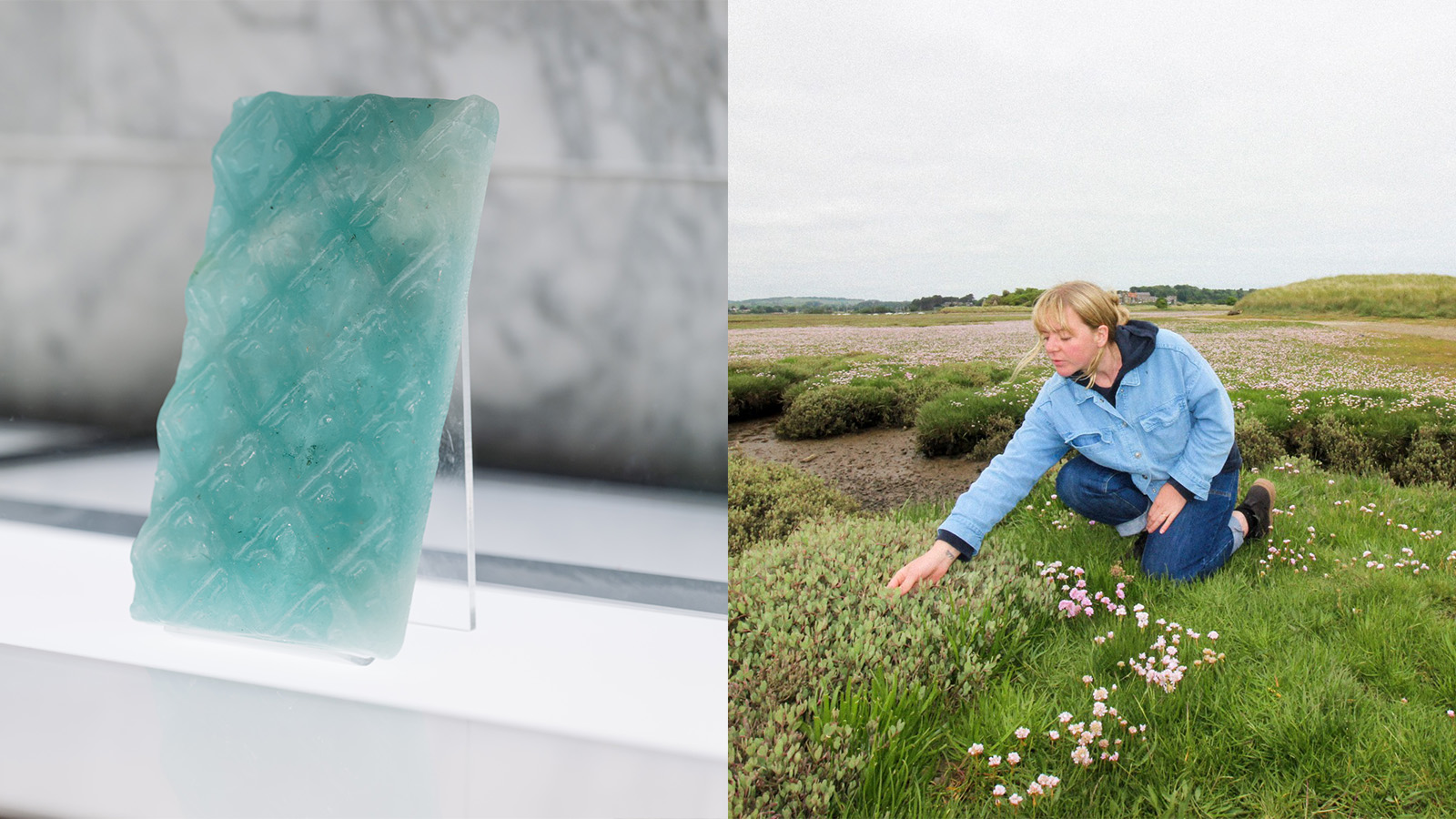 Lulu Harrison is the Ralph Saltzman Prize winner 2025
Lulu Harrison is the Ralph Saltzman Prize winner 2025The Design Museum, London, announces Lulu Harrison as winner of The Ralph Saltzman Prize for emerging designers, and will showcase her work from 24 June to 25 August 2025
-
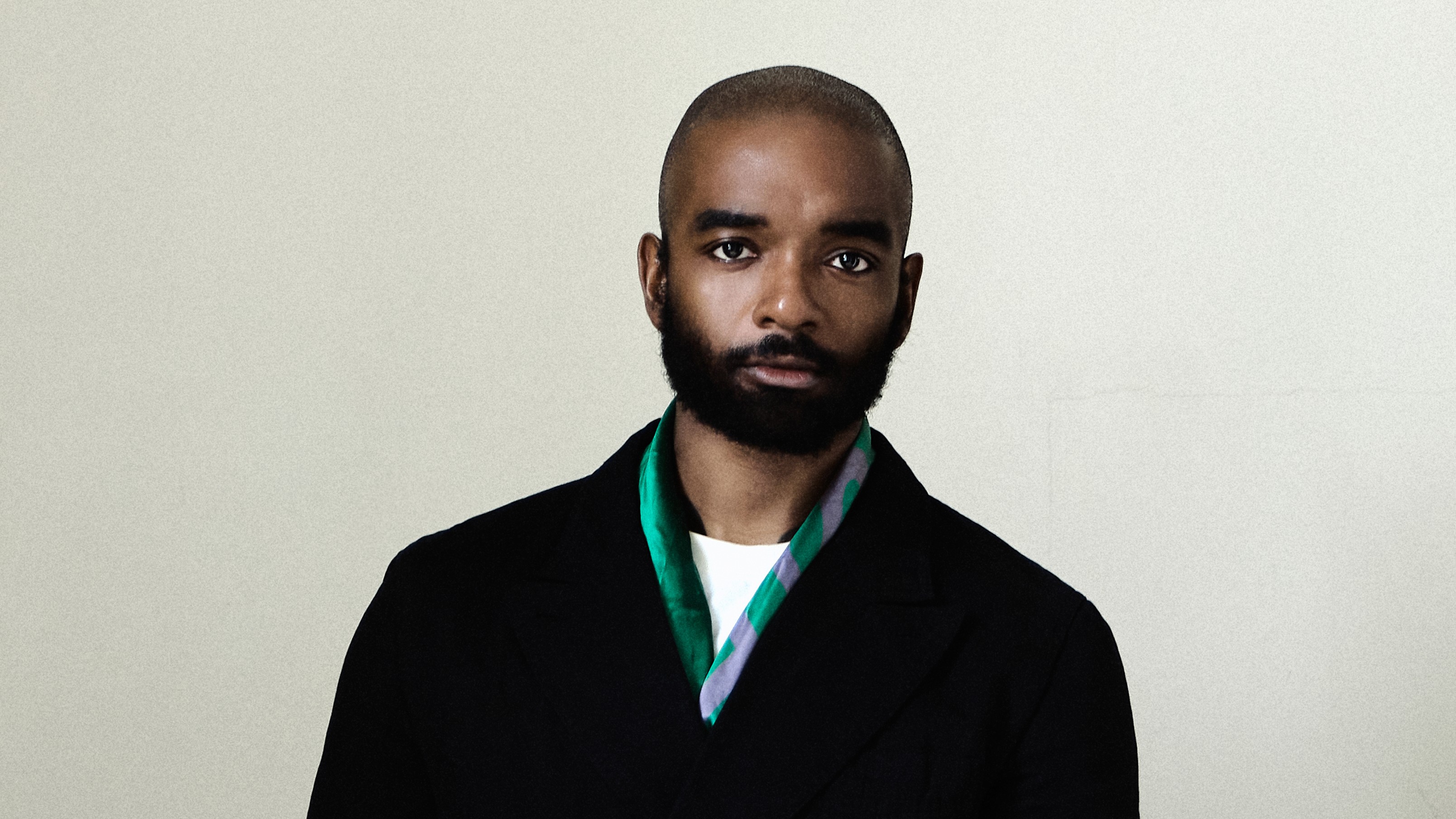 ‘Designers are far more than just producers of commercial goods’: Samuel Ross on the London Design Biennale
‘Designers are far more than just producers of commercial goods’: Samuel Ross on the London Design BiennaleThe artistic director of the major event and founder of A-COLD-WALL* discusses the role of a designer and the future of the sector in an exclusive interview
-
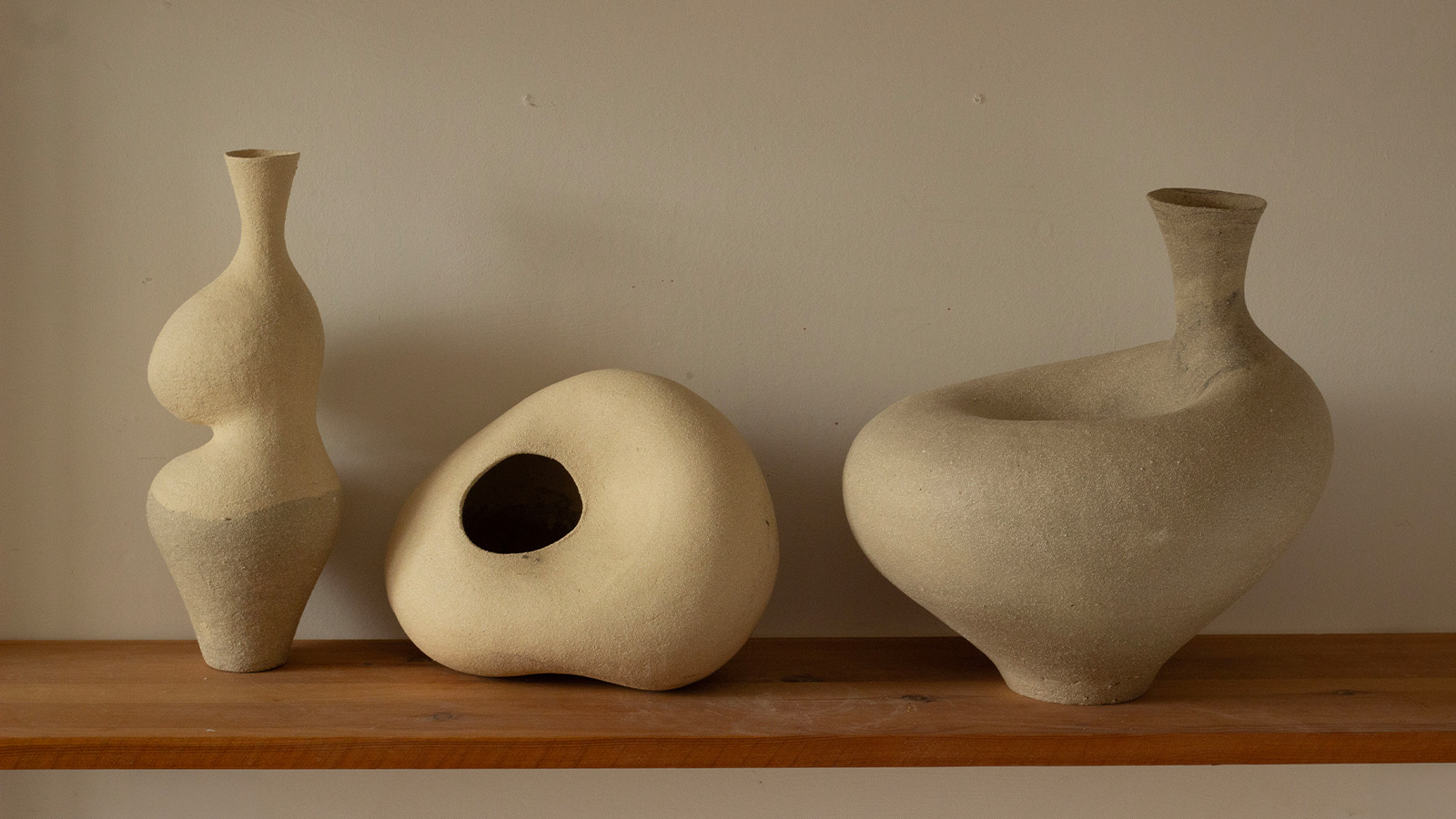 London Craft Week 2025 highlights – what to see this weekend
London Craft Week 2025 highlights – what to see this weekendLondon Craft Week 2025 (until 18 May) brings together some 1,000 established and emerging makers. Here is everything we saw and loved so you don't miss a thing
-
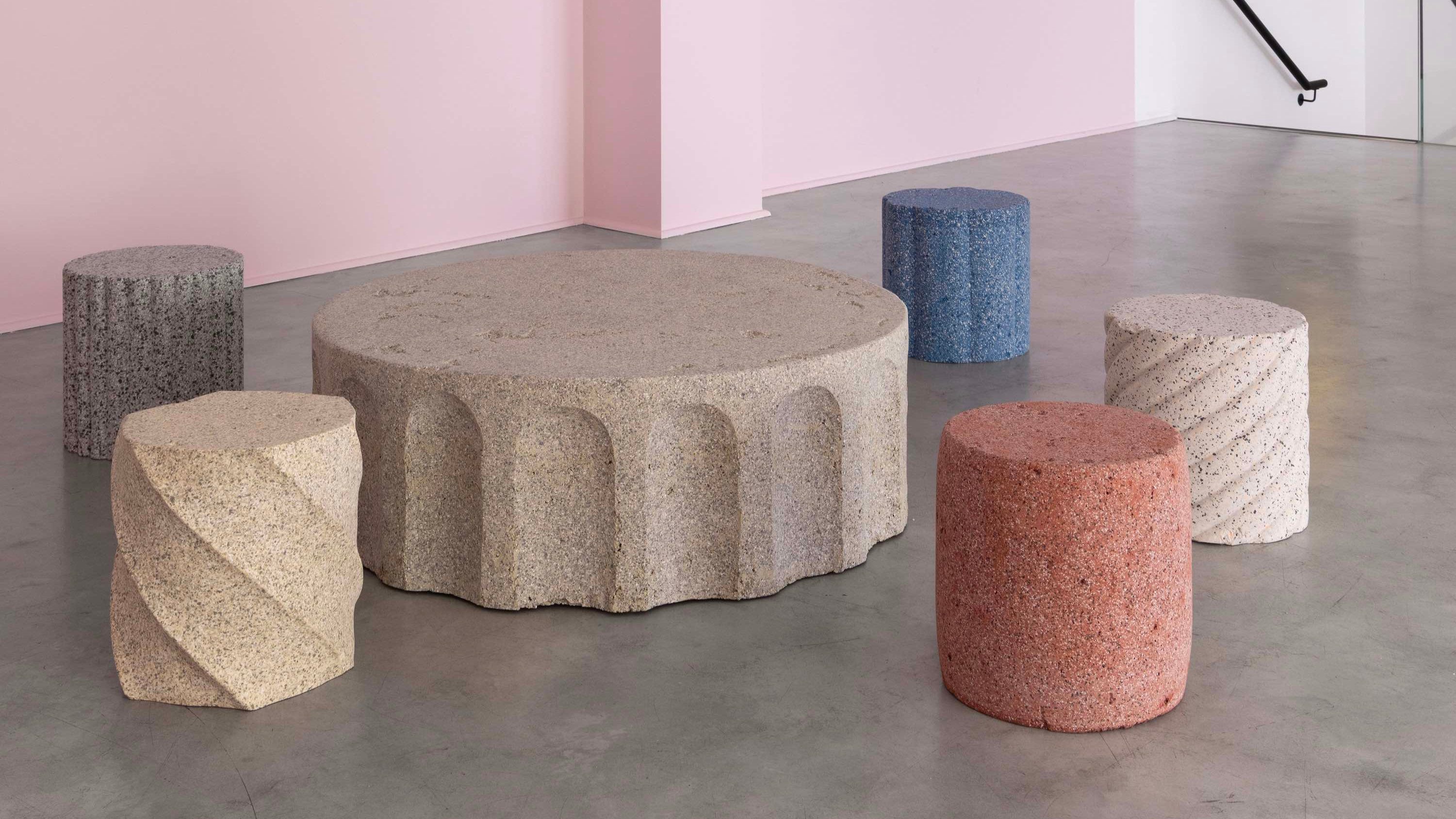 Erasers become architectural illusions at Gallery Fumi
Erasers become architectural illusions at Gallery FumiLondon duo Study O Portable unveil 'Rubber Rocks', trompe-l’œil furniture made from erasers, exploring themes of materiality, memory and architectural decay
-
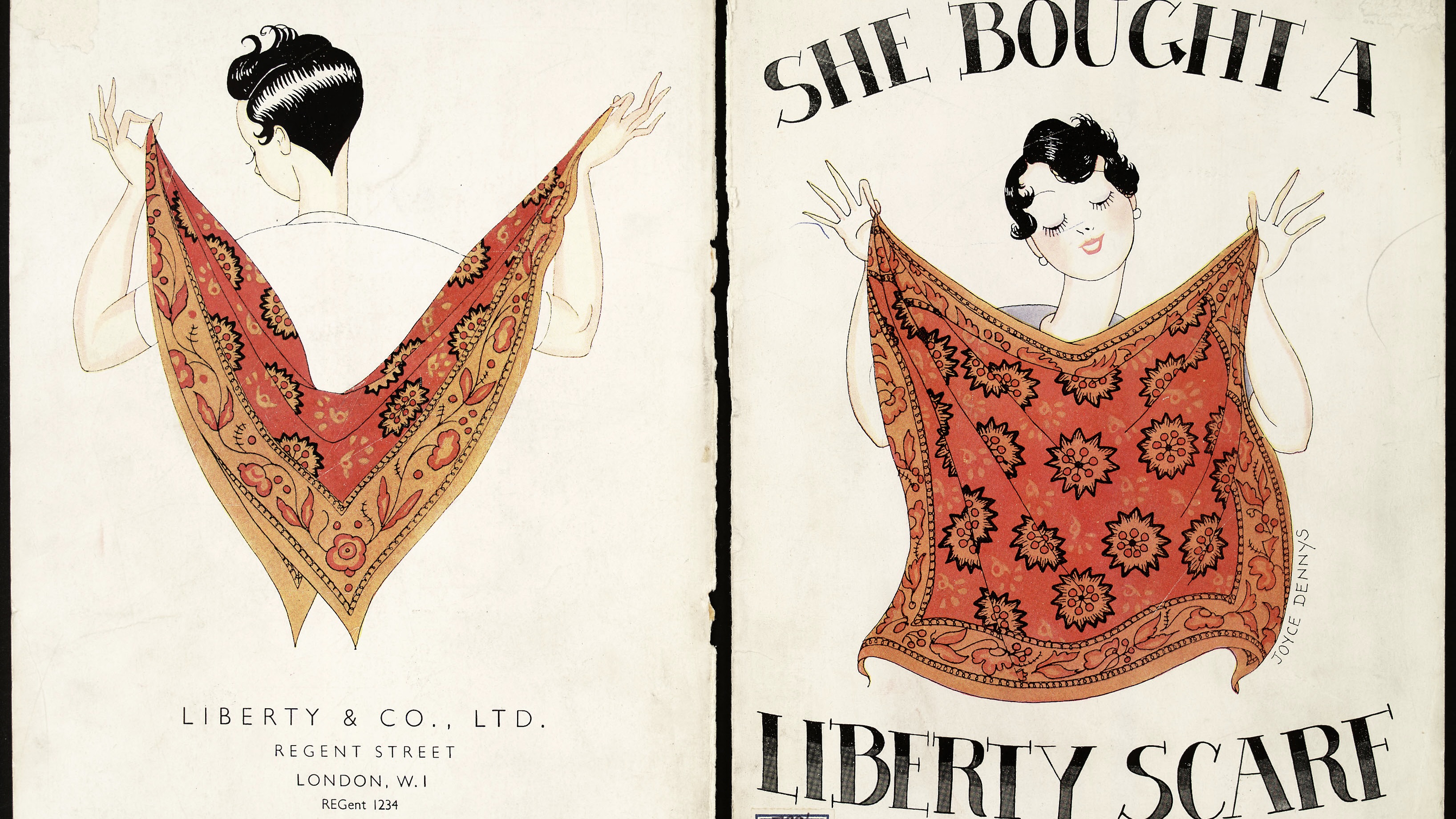 Liberty at 150: a history of the brand in 10 objects
Liberty at 150: a history of the brand in 10 objectsLiberty is marking its 150th anniversary; to celebrate, we remember products and prints that helped make the department store the cultural touchpoint it is today
-
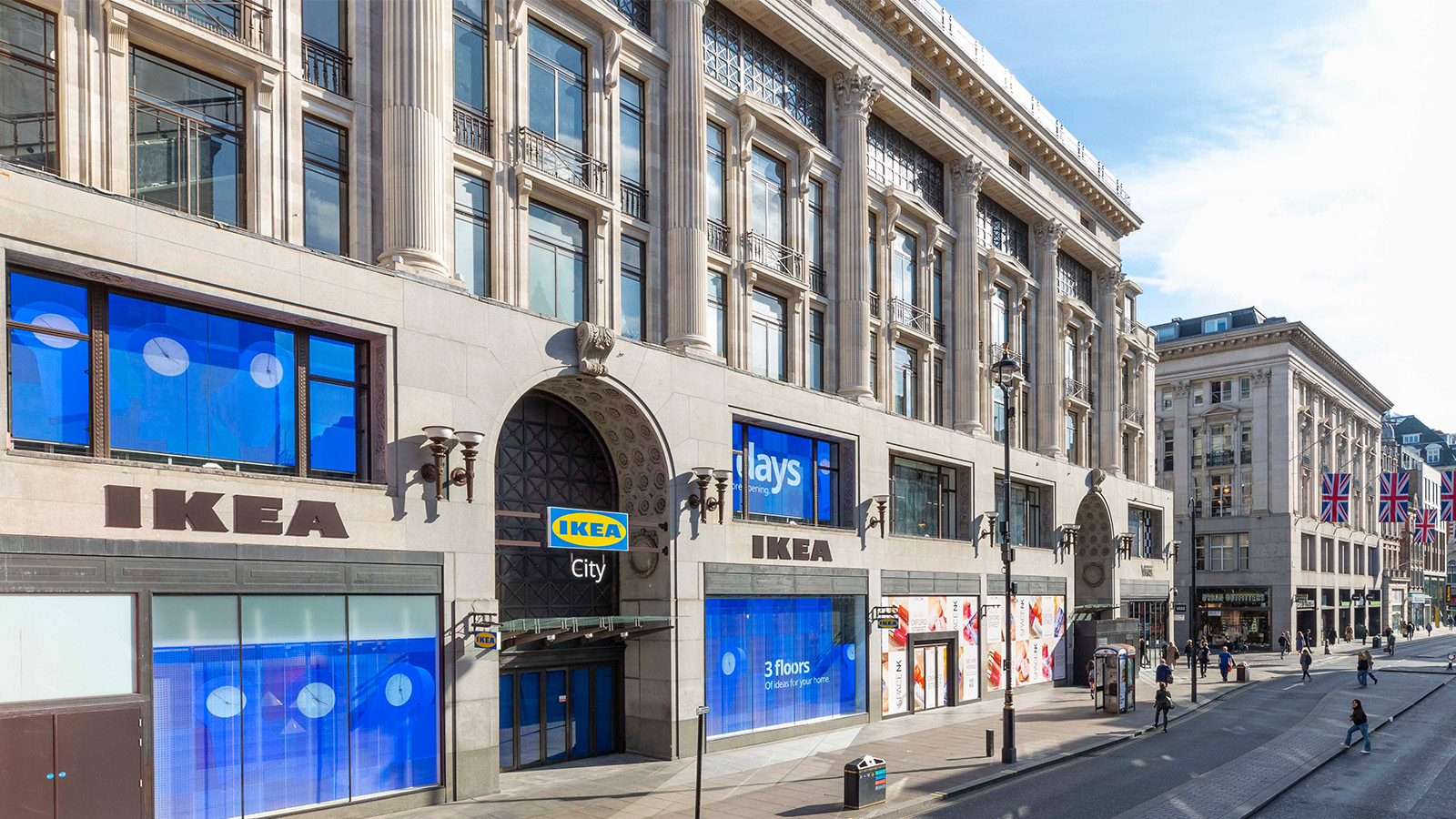 A first look inside the new Oxford Street Ikea. Spoiler: blue bags and meatballs are included
A first look inside the new Oxford Street Ikea. Spoiler: blue bags and meatballs are includedThe new Oxford Street Ikea opens tomorrow (1 May), giving Londoners access to the Swedish furniture brand right in the heart of the city
-
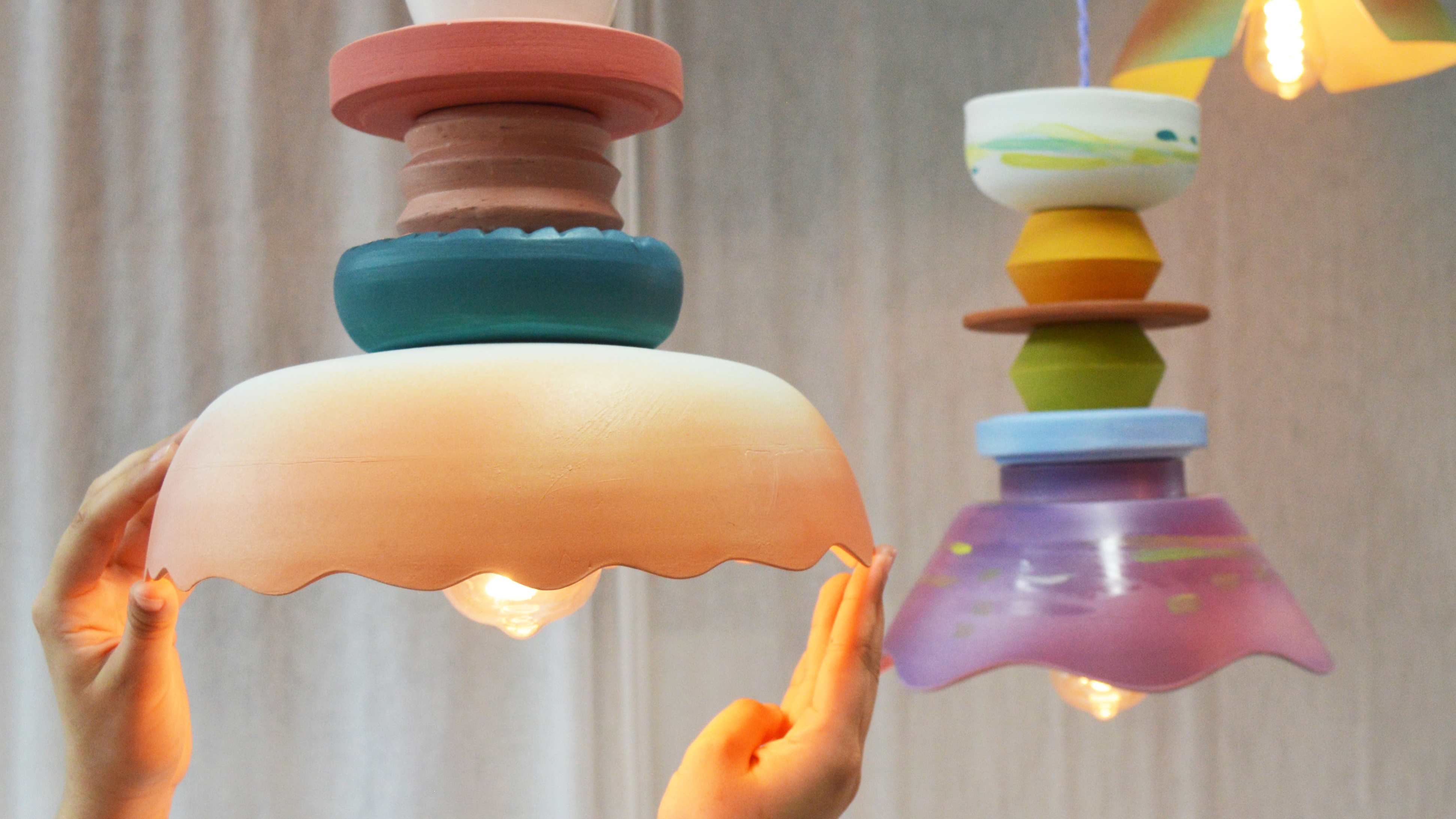 What to see at London Craft Week 2025
What to see at London Craft Week 2025With London Craft Week just around the corner, Wallpaper* rounds up the must-see moments from this year’s programme
-
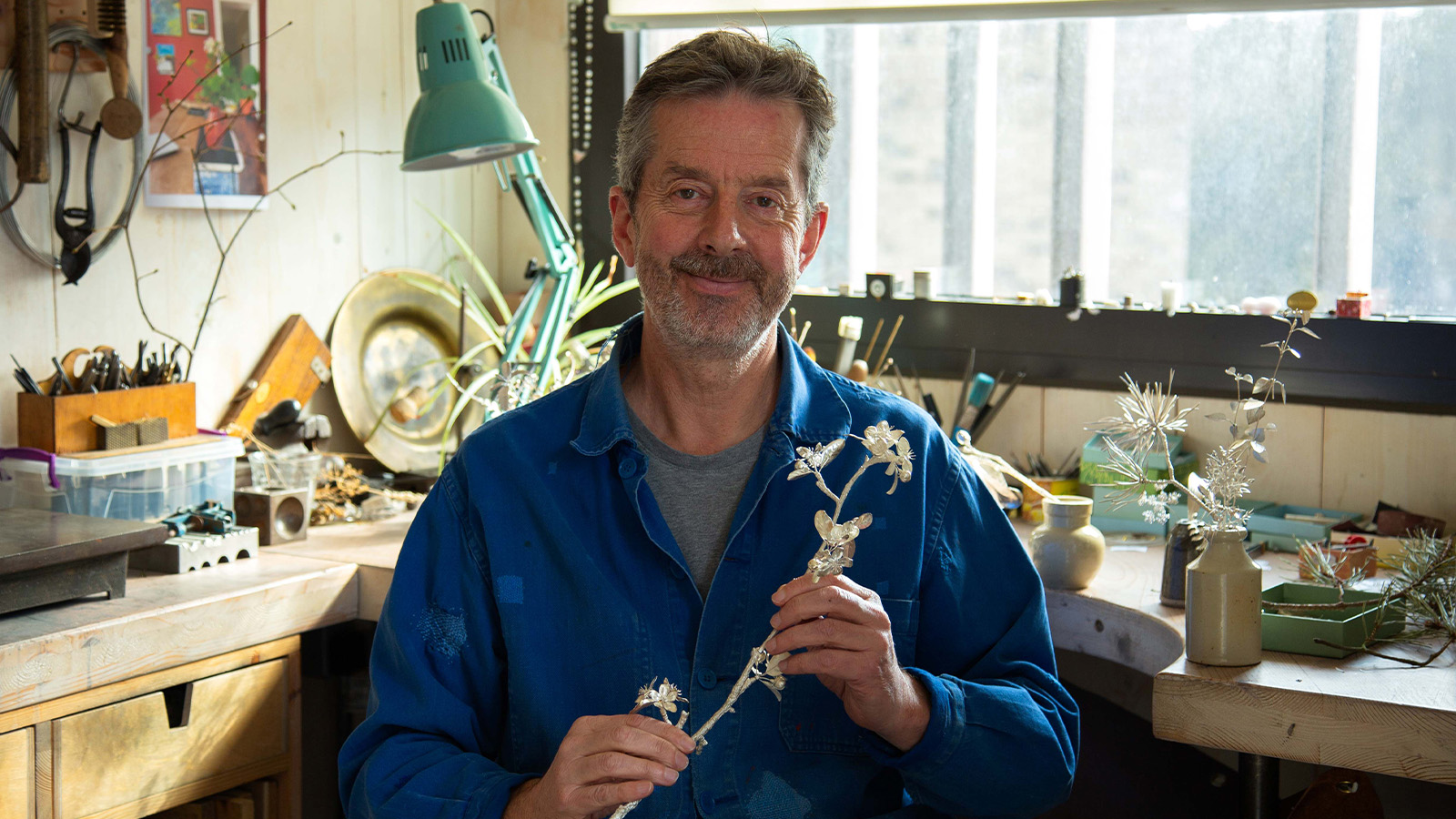 Nature sets the pace for Alex Monroe’s first sculpture exhibition
Nature sets the pace for Alex Monroe’s first sculpture exhibitionThe British designer hops from jewellery to sculpture for his new exhibition at the Garden Museum, London. Here, he tells us why nature should be at the forefront of design